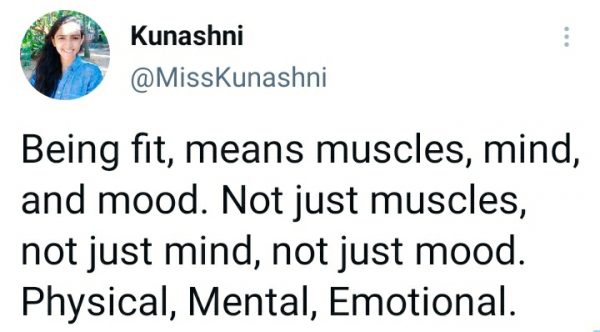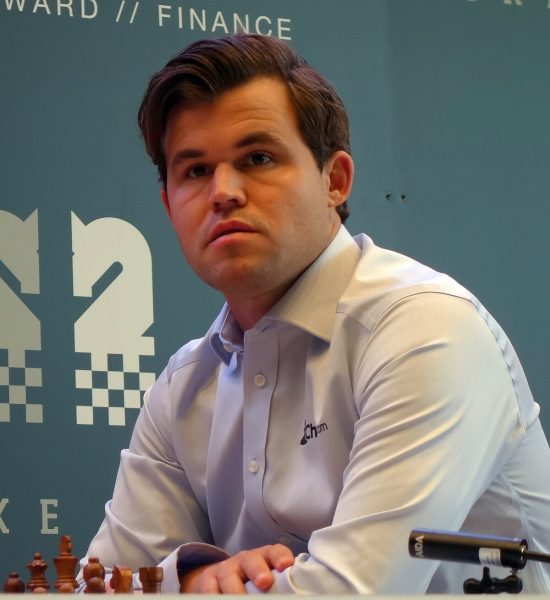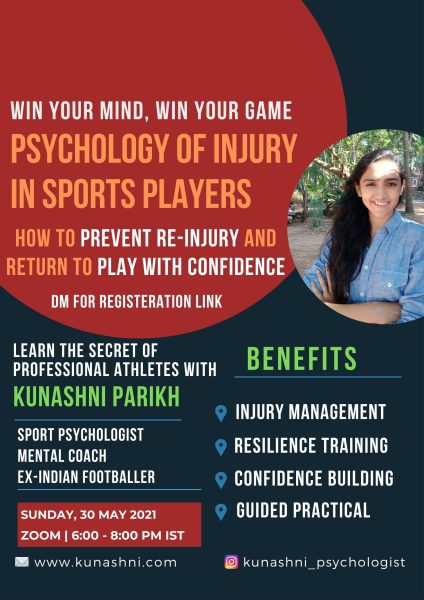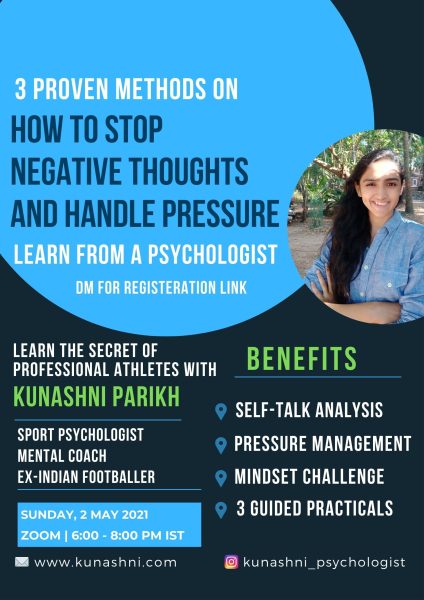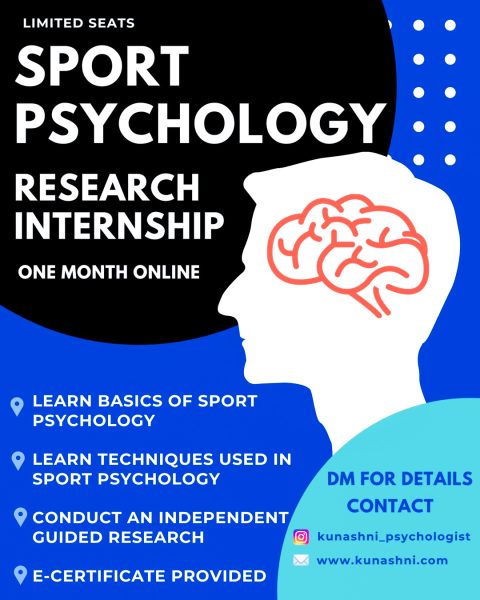The Double-Edged Sword in Sports

Every athlete has an ego. And that’s not a bad thing. Ego gives you the confidence to step onto the court, field, or track and believe you belong there. It fuels ambition, drive, and hunger to win. But unchecked ego? That’s when the problems begin.
In sports psychology, ego is like fire—use it wisely, and it powers your performance. Let it burn out of control, and it can consume your progress, damage relationships, and blind you to growth.
This article explores how to manage ego like the champions do: not by suppressing it, but by training it.
Why Managing Ego Matters for Athletes

Your ego shapes how you interpret feedback, handle failure, and relate to coaches and teammates. When ego is out of balance, it can:
Lead you to overestimate your skills
Cause you to reject valuable feedback
Sabotage team chemistry
Leave you vulnerable under pressure
Elite athletes walk a fine line between confidence and arrogance. Those who thrive long-term are the ones who train their ego to work for them—not against them.
The Neuroscience of Ego and Overconfidence

At the core is the self-enhancement bias—our brain’s tendency to believe we’re better than we are. This is controlled by the medial prefrontal cortex, the brain region involved in self-reflection and decision-making.
This area generates positive illusions that boost our motivation—but if left unchecked, they lead to false confidence.
That’s why elite performers build feedback loops to anchor confidence in reality. Confidence built on data, repetition, and honest reflection is resilient. Ego built on assumptions is fragile.
The Ego Management Protocol: Used by Champions
Top athletes don’t kill their ego—they coach it. Here’s a protocol to help you manage ego and sharpen your mental game:
1. Recognize That Ego Is Not the Enemy
Ego is a natural psychological mechanism. It gives you drive. But it’s only a problem when it goes unchecked. Learn to observe it, not judge it.
2. Seek Evidence, Not Validation
Ask for constructive feedback. Don’t just look for praise—look for truth. Notice how elite coaches focus on results instead of challenging inflated egos.
3. Challenge with Curiosity, Not Competition
Ask questions from a place of genuine interest. When you challenge to learn—not to show off—you build mutual respect and grow faster.
4. Pause and Reflect
The next time you feel superior, or resist guidance, ask:
“Am I responding from skill or from ego?”
That single question can change your mindset and open the door to true growth.
Applying Ego Management Beyond Sports

Ego management isn’t just for athletes. It applies in:
Business
Academics
Leadership
Creative careers
Unchecked ego in any field can:
Create blind spots
Undermine growth
Damage relationships
Lead to stagnation
The rule stays the same: Let your ego be a tool, not a trap.
Conclusion: Let Your Ego Serve Your Excellence
True champions aren’t ego-free. They’re ego-trained. They let their ego drive effort, not deny growth. They build confidence from truth, stay coachable, and remain open even when they’re winning.
Your ego isn’t the problem. Your untrained ego is.
And just like any skill—it can be developed with the right tools, feedback, and mindset.
Ready to Strengthen Your Mental Game?

If you’re serious about taking your performance to the next level, it’s time to start training your mind—not just your muscles.
Book a one-on-one mental training session and build the mindset that makes champions stand out.
Train your mind. Train your game. Become the Champion you were meant to be.





